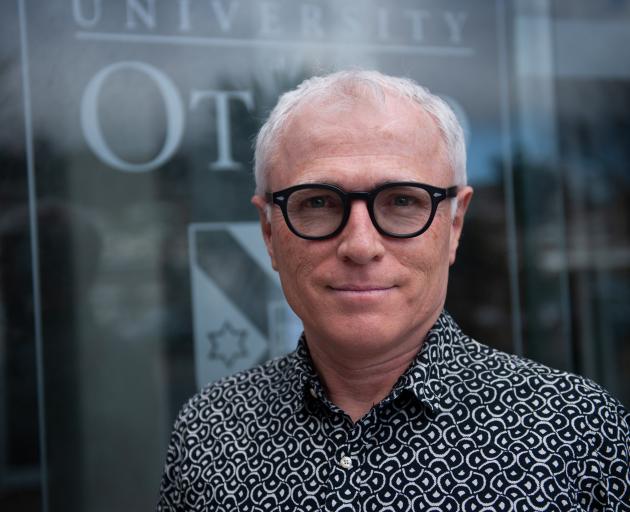
Professor Michael Baker of the University of Otago’s department of public health said by year’s end there was “likely to be” about 1000 virus-attributable deaths, 12,000 hospitalisations and thousands of people disabled from long Covid during 2023.
Director of the University of Auckland’s Immunisation Advisory Centre, Professor Nikki Turner, said the number of cases inferred from wastewater testing and hospitalisations were “the highest they have been since January this year”.
“There is an enormous amount of Covid-19 around at the moment. People aren’t reporting their positive results anymore, so we need to look at hospitalisation and wastewater rates to get a clearer picture,” Turner said.
“The latest data is really compelling. The rolling seven-day average rate of hospital admissions has risen in recent weeks and wastewater rates have climbed significantly in October and November. That tells us there is a lot of Covid-19 around.”

There were 7417 new Covid-19 cases reported in the week, a slight decrease from the previous week. Two weeks ago, however, 6656 cases were reported. The daily average number of cases was 1058, up from last week’s daily average.
There were 354 people in hospital and six were in intensive care. The latest deaths take the overall total of deaths attributed to the virus in New Zealand to 3623.
Baker said given the current wave was larger than the fourth in early 2023, “[it suggests] that the pandemic threat is continuing to evolve in unpredictable ways”.
“The factors driving these pandemic waves are likely to include a mix of waning immunity, continuing Covid-19 virus evolution, and changing human behaviour, including relaxation of protective measures and some degree of response fatigue and complacency."
He said the effect of the large fifth wave would “likely ... be approximately 1000 deaths, 12,000 hospitalisations, and thousands of people disabled from long Covid during 2023 - in addition to those affected in previous years”.

Turner and Baker highlighted the importance of keeping safe over Christmas and New Year, both saying people can protect themselves and others by getting vaccinated, self-isolating if sick, ensuring gatherings are well-ventilated and wearing masks in crowded indoor spaces.
Covid-19 modeller Professor Michael Plank, of the University of Canterbury, meanwhile, said the spreading of the JN.1 variant, “which is probably the fastest-growing variant we’ve seen this year”, could prolong or increase the size of our current wave.
“It looks as though JN.1 has picked up mutations which allow it to spread rapidly in a wider part of the population than BA.2.86 [another variant which spread globally in August] could.
“JN.1 was responsible for around 10 to 15 per cent of infections in New Zealand, according to the latest sequencing and wastewater data, so we are yet to feel its full impact.
“But if it grows at a similar rate to other countries, it could become the dominant variant early in the new year. This could cause the wave to continue to rise for longer, or potentially cause a double peak.”
- Additional reporting RNZ












